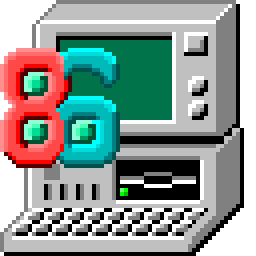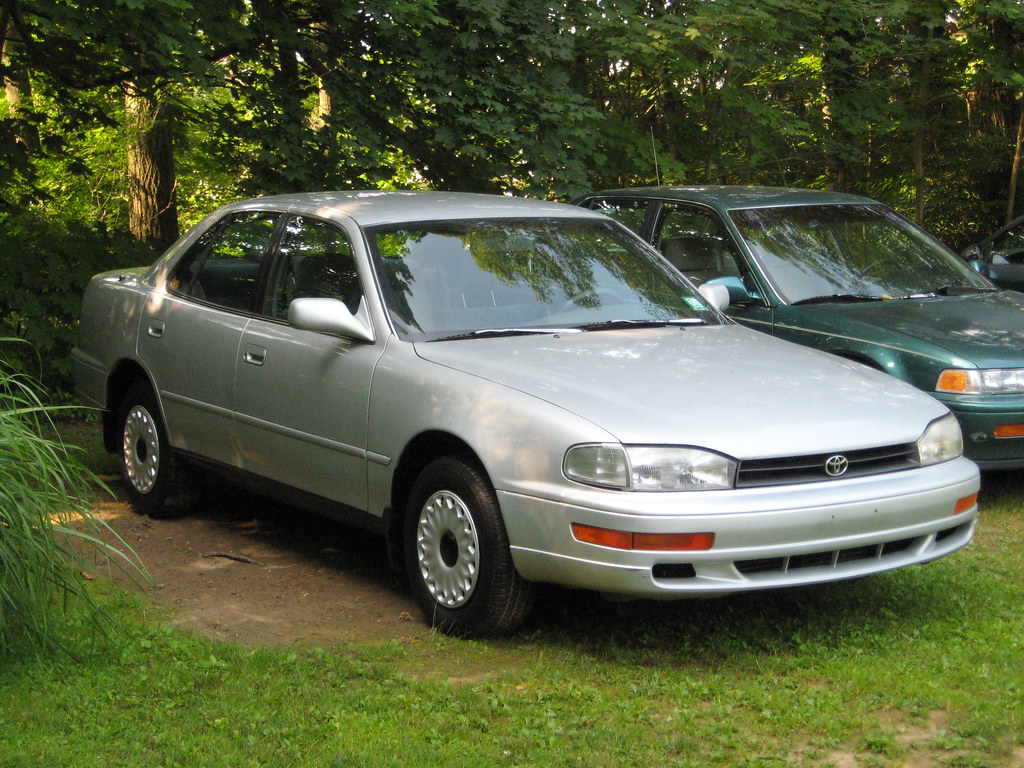I’ve seen a couple conversations about older or more esoteric operating systems, so I thought I’d make a post about 86Box and why I like the project.
86Box (a fork of PCem) is a low-level emulator for a wide variety of hardware from old PCs. Unlike most modern emulators which prioritize speed, it prioritizes accuracy of hardware emulation. This means it has all the quirks and features (and bios screens) you’d expect in old hardware.
It can emulate a variety of systems from the first IBM PC up to the Pentium era. It has a surprisingly large variety of motherboards, storage controllers, disk drive models, network cards, graphics cards, etc.
To test it out, I set up something close to my first PC:
- 486 DX2 66
- ASUS PVI-486SP3C Motherboard
- S3 Trio64V+
- 234MB 4500RPM HDD
- Novell NE2000 ISA network card
I set it up with Dos 6.22, Windows 3.1, network drivers, mTCP, winpacket, trumpet winsock, and I’m on the internet in both dos and windows.
While something very similar could be accomplished with dosbox, virtualbox or qemu, I enjoyed the experience of using the ‘actual’ hardware. I also imagine it will support old quirky software more reliably than the alternatives.
I think a Windows 9x system with a 3dfx Voodoo card will be my next build.
So, Anyone else used 86Box or a similar emulator? What for? How did it go?

I’ve had a pretty good experience running a few SPARC versions of Solaris on QEMU. The install process was fairly smooth, and they ran fairly well.
I’m also interested in suggestions of old operating systems that might be fun to try and bring up in this type of environment.
I used 86box to create a windows 98 build on top of a P200 MMX with a voodoo banshee. Would recommend. Loaded up all my childhood cd games like Close Combat III, SimCity 3000, Rouge Spear, and Fighters Anthology. All worked flawlessly. There is a good YouTube video on a similar build I followed; if you are interested I could dig it up.

This is my bet for replacing old legacy systems reliant upon old programs with no source code available.
The problem with this era of software was that nobody took future hardware into account, so something like CPU cycles could be used to define timing, which doesn’t work too well if you move a program from a 320MHz environment… to a 3.2GHz one.
So 86Box is very interesting to me as it creates a much more realistic scenario than say DOSBox.

Whoa, you were a high roller: more than 100Mb HDD and a Novell network? I mean, next your going to tell me you had a SCSI disk too. (Seriously, jealous, though.) Mine was a 486 SX, 2Mb RAM, 80Mb HDD, no sound, generic 256 color graphics card and could barely run Oregon Trail. Fun times, though.
Yeah that would be.
Mine was actually an SX 66, and had 14.4kbps modem.
I splashed out on a DX for the VM, and figured LAN was a better way to get this thing on the 'net. :)

I’ve been playing with 86Box lately to setup Windows 95 to play some old games.
Win95 has a bug where it doesn’t run on fast CPUs, so using one of the original CD images in a VM like KVM is not possible.
(I later found https://github.com/JHRobotics/patcher9x which you can use to patch the install images)
I tried Bochs but it was impossible to use, it drops to a text debugger and wants you to connect over VNC which isn’t what I wanted anyway. PCem lost a lot of momentum after going unmaintained, and there is no Linux binary.
86Box has both AppImage and Flatpak, and comes with a nice configuration GUI. It’s easy to use and works well for what I want to do.
I like how it seems to properly emulate the BIOS and specific devices, so you can use the actual original drivers too.
Thanks for the link to the patcher. That could come in useful if I’m looking for a higher performance Win9x VM.



